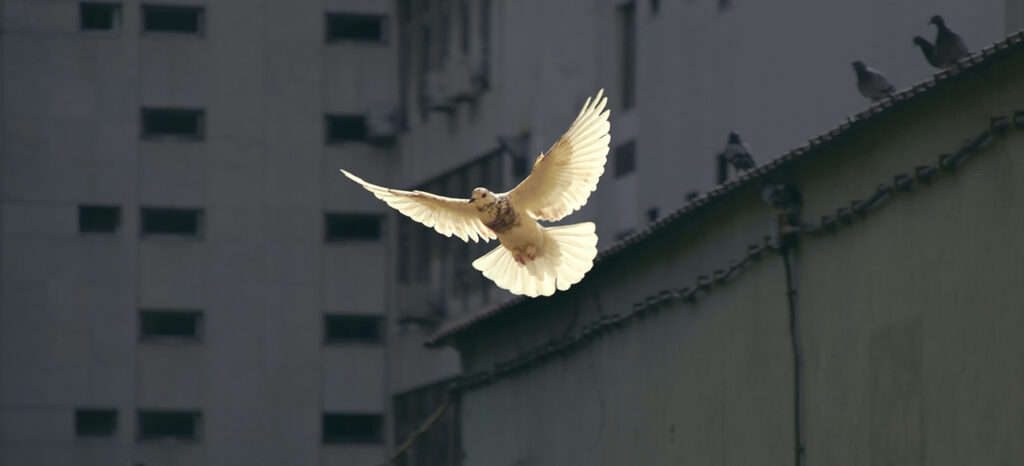Our history
Over our more than 100-year history, we have grown into one of the world’s leading dispute resolution institutions. Every year, parties from around 45 different countries choose us to settle their disputes.
Our international status as a forum for dispute resolution originates in the Optional Clause Agreement, an agreement signed in 1977 between the United States (through the American Arbitration Association) and the then Soviet Union (through the USSR Chamber of Commerce and Industry). This agreement allowed for US-Soviet commercial disputes to be resolved in Sweden with the assistance of the SCC. Around the same time, China also chose to transfer its international disputes to Sweden and the SCC.

Sweden and the SCC have also played a unique role in the system developed for international investment protection. In over 95 bilateral investment protection treaties in force, Sweden or the SCC is named as the forum for disputes between investor and state. We are now one of the most frequently used institutions in the world for investment disputes, having administered more than 125 such disputes.
Innovation and development are important to ensure that we continue to provide services that are relevant to the business community. The SCC, for example, was the first in the world to develop a digital communications platform for case management, including a secure database for documents.
The history of arbitration in Sweden and at the SCC
1359
Provisions concerning arbitration appear in Swedish legislation.
1669
Provisions concerning enforcement of arbitral awards appear in Swedish legislation.
1887
The first Swedish Arbitration Act is adopted.
1917
SCC Arbitration Institute is established.
1929
Sweden ratifies the Geneva Protocol of 1923 and the Geneva Convention of 1927.
A new Swedish Arbitration Act is adopted which replaces the 1887 Act.
The Swedish Act on Foreign Arbitration Agreements and Awards is adopted.
1949
The SCC Arbitration Institute adopts new Rules.
1972
Sweden ratifies the 1958 New York Convention.
1976
SCC Arbitration Institute adopts new rules, the first particularly aimed at international arbitration.
1977
SCC Arbitration Institute is included into the Optional Arbitration Clause for Use in Contracts in trade between the Unites States of America and the USSR.
1984
SCC Arbitration Institute and China Council for Promotion of International Trade (CCPIT) entered into a cooperation agreement, resulting in Chinese companies choosing to resolve their international commercial disputes at the SCC.
1988
The Rules of the SCC Arbitration Institute are revised for the purpose of making the arbitral procedures further international.
1995
The SCC Arbitration Institute adopts its first Rules for Expedited Arbitrations.
1999
A new Swedish Arbitration Act is adopted, replacing both the 1929 Arbitration Act and the Act concerning Foreign Arbitration Agreements and Awards of the same year.
The Rules of the SCC Arbitration Institute and the SCC Rules for Expedited Arbitrations are revised, as are other rules adopted by the SCC Arbitration Institute.
1999
The Mediation Institute of the Stockholm Chamber of Commerce is established (SCC Mediation Institute) and the Rules of the SCC Mediation Institute are adopted.
2010
Introduction of Emergency Arbitration provisions into the SCC Arbitration Rules and the SCC Expedited Arbitration Rules.
2013
Introduction of a digital case administration system.
2017
New Edition of the SCC Rules, introduction of Joinder, Multi-Contract, Administrative Secretary, Investor-State arbitration and security for costs provisions.
Stockholm Treaty Lab was a global innovation competition which crowdsources law for a better climate. The competition was initiated 2017 by the SCC Arbitration Institute and was concluded in 2018. The competition showed that international law can contribute to achieving the climate change mitigation and adaptation targets.
2019
SCC Platform is launched, mandatory in all SCC arbitrations.
2020
Launch of SCC‘s Ad Hoc Platform.
2021
Launch of SCC Express, dispute resolution within three weeks and for a fixed fee.
2022
Launch of SCC/SAA Diploma Course for International Arbitrators.
SCC Arbitrators’ Council launched.
The SCCENT is released.
2023
SCC Arbitration Institute updates the SCC Rules.
The SCC Clauses Socks are released.
2024
SCC Arbitration Institute updates the SCC Mediation Rules.

The Quiet Triumph
The success of international arbitration is generally only understood by the actors working within it, and now is the time to make an unknown story known.
